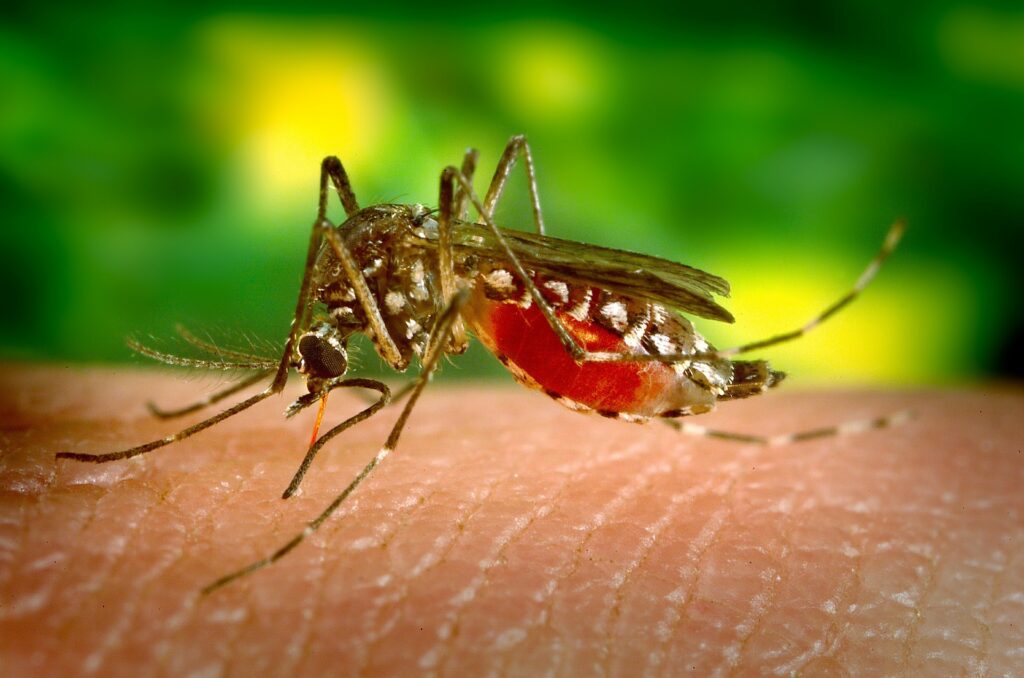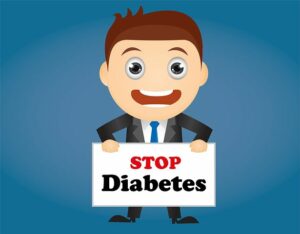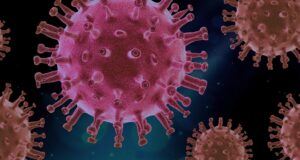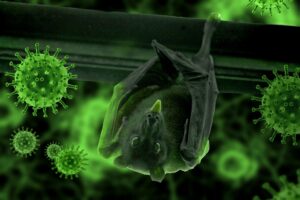Dengue – A Brief Insight

By Manisha Roy, Research Scholar updated on November 3, 2022
As dengue is a viral infection, there is no specific treatment for dengue yet. Treatment is given only symptomatic measures in general. Sometimes, in worse cases, multi organs get infected which requires ICU care. The cost is a huge burden for patients and families.
We are required to more health literacy among general people. It can be preventable with adequate preventive measures. Today we are bringing a special article on spreading awareness covering its symptoms, diagnosis and treatment options.
Dengue is one of the most common mosquito-borne disease of humans, apart from malaria, that is caused by a family of viruses which is transmitted by Aedes mosquitoes.
It poses threat to public health as well as economy worldwide. Generally, it is a self-limited illness with mortality rate < 1%, but only if diagnosed early followed by an appropriate medical care.
According to WHO estimates, every 12 minutes one person is killed by dengue and is the principal cause of death in children. Also, it has been ranked as one of the top ten threat to global public health in 2019. It is the most rapidly spreading, epidemic-prone infectious disease.
Risk: The disease is most prevalent in tropical and sub-tropical parts of the world like central and South America; south and south-east Asia Africa and Oceania. The majority of the burden i.e., 70% remains in Asia. Interestingly, the risk is known to be lesser at altitudes of 1000m or more.
Causative agent: Dengue is caused by a type of virus called dengue virus (DENV) which belongs to genus Flavivirus and family Flaviviridae. DENV is grouped into four different types namely serotype DEN1 to 4.
Carrier or vector: Female Aedes aegypti mosquitoes (commonly found around homes and urban areas) carrying the virus from an infected person acts as a prime carrier of the virus to another individual through bites, often during daylight hours, either after sunrise or around sunset.

Symptoms: Primary symptoms usually appear 4 to 7 days after being bitten by the mosquito that carries the virus and lasts for generally three to ten days andcan be divided into:
(a) mild symptoms
- Sudden high fever of 40°C/104°F with intense headaches
- Extreme pain behind eyes
- Characteristic skin rashes
- Severe muscle and joint ache
- Nausea and vomiting
Fever, headache, rash are characteristic of dengue and are regarded as the “dengue triad”
(b) severe symptoms
A more acute form of dengue sees respiratory distress accompanied with dengue haemorrhagic fever (DHF) leading to immense internal bleeding or bleeding from nose, gums, and/or gums (caused by damage to blood vessels), shock, and death. This is referred to as dengue shock syndrome (DSS) and is caused by severe internal bleeding because of life-threatening dropping of platelet, co-occurring with persistent vomiting and severe abdominal pain. DSS patient may experience sudden drop in blood pressure.

Many a times symptoms are so mild that it is easily mistaken for viral infection. Hence, a timely visit to a doctor is important.
Diagnosis: Assessment of symptoms, medical and travel history along with a rapid blood test is the mode of diagnosis for dengue.

Treatment: A successful treatment is feasible only if an early clinical diagnosis is made. Currently, there is no medical treatment for dengue. However, timely introduction of individual medication targeted towards easing symptoms like high fever, headache, and dropped platelets will lead to the cure over time. But it should be given before the patient develops DHF or DSS. Any delay in medical care can be lethal to the individual. Apart from this, maintenance of body fluid is fundamental owing to a high fever and vomiting which leads to dehydration. In this regard regular and sufficient intake of plain water, tender coconut, and water with rehydration salts with composition suggested by WHO is important. Rehydration with intravenous fluid supplementation has to be done, in case the person is unable to take fluids by mouth. Consuming fruits like papaya, kiwi, vegetables and fruit helps in regaining immunity. Papaya leaf extract helps in bringing platelet levels to normal.
Prevention: Avoiding mosquito bites is the best preventive measures one can take, especially during rainy and other mosquito breeding season. This can be done by observing following steps.
- Wear light colored and full sleeves clothes when going out at dusk or dawn. Putting structural barriers like screens for home or office windows and doors to keep mosquitoes out.
Keeping mosquito breeding in check is the most important way of controlling dengue.
- Preventing mosquito breeding in natural or artificial stagnant water habitats in one’s surroundings, especially during rainy season will diminish the risk. It can be done by covering all water tanks and removing stagnant water.
- Use of mosquito net and swat bats. Use of mosquito coil, anti-mosquito incense stick, spray and mosquito vaporiser is not suggested as prolonged inhalation of smoke and vapour may pose danger to human body as well. Use of mosquito repellent with 20-30% DEET also keeps mosquitoes at bay.
Individuals travelling to areas of risk should avoid mosquito bites.
Let’s meet the author: Manisha Roy, Research Scholar









